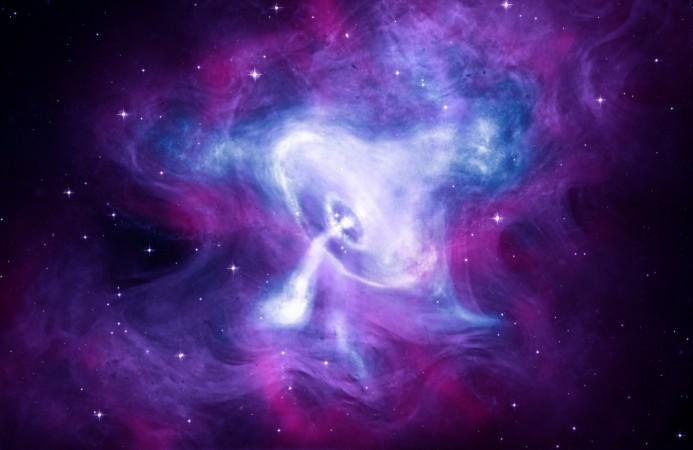
There is little possibility for alien life because phosphorous is not easily available in the cosmos. Without phosphorous, life is unlikely to bloom, at least in the way humans can recognize it.
There are six chemical elements needed for life on Earth to exist, and phosphorous is one of them, says a scientist involved in a new study at Cardiff University. The element is required for cells to transfer and store energy through a compound called adenosine triphosphate (ATP). Astronomers looking for phosphorous in the universe because of the role it plays in sustaining life, reports ScienceAlert.
Phosphorous is not believed to have formed on Earth, rather, brought here by meteorites, notes the report, so similar incidents should have happened in other places for life to form there as well.
For this study, researchers reportedly went through readings and data from the William Herschel Telescope in the Canary Islands and studied infrared radiation from phosphorus and iron in the Crab Nebula, the leftovers of a supernova that is about 6,500 light years from Earth. Scientists did not find a lot of phosphorous, says the report. They compared the Crab Nebula to the Cassiopeia A (Cas A).
"The two explosions seem to differ from each other, perhaps because Cas A results from the explosion of a rare super-massive star," says one of the researchers, astronomer Phil Cigan from Cardiff University in the UK.
However, the research team needs more data to confirm their findings. "We've just asked for more telescope time to go back and check, in case we've missed some phosphorus-rich regions in the Crab Nebula," added Cigan.
Current knowledge is that phosphorous is created when massive stars explode at the end of their life, an event called the supernova, but scientists are yet to figure out just how much phosphorous is put out by such explosions, notes the report. This is where the discrepancy between the Crab Nebula and the Cas A readings comes to play. There is much less chance of the right mix of elements reaching the right spots in the universe at just the right time to spark life if the very production of phosphorous is not consistent.
"If phosphorus is sourced from supernovae, and then travels across space in meteoritic rocks, I'm wondering if a young planet could find itself lacking in reactive phosphorus because of where it was born?" says one of the team, Jane Greaves from Cardiff University.
"In that case, life might really struggle to get started out of phosphorus-poor chemistry, on another world otherwise similar to our own."









!['Had denied Housefull franchise as they wanted me to wear a bikini': Tia Bajpai on turning down bold scripts [Exclusive]](https://data1.ibtimes.co.in/en/full/806605/had-denied-housefull-franchise-they-wanted-me-wear-bikini-tia-bajpai-turning-down-bold.png?w=220&h=138)



